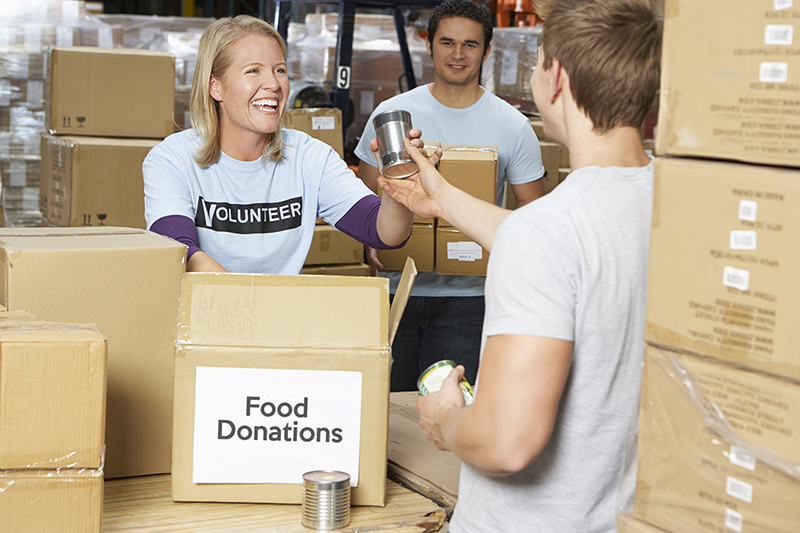Christmas closed: Tuesday, December 24, 2024 – January 1, 2025

There is an ancient Chinese saying that roughly translates, “If you want happiness for an hour, take a nap. If you want happiness for a day, go fishing. If you want happiness for a year, inherit a fortune. If you want happiness for a lifetime, help somebody.” More and more people are rediscovering this truth, but not just as an “Aha!” discovery. This ancient truth is being proven by science! In fact, scientific research is providing compelling data to support the anecdotal evidence that giving is a powerful pathway to personal growth and lasting happiness. Through functional MRI technology, we are discovering that the act of giving activates the same parts of the brain stimulated by food and sex. And, when researchers from the National Institutes of Health looked at the functional MRIs of subjects who gave to various charities, they found that giving stimulates the mesolimbic pathway, which is the reward center in the brain – releasing endorphins and creating what is known as the “helper’s high.” Like other highs, this one is addictive, too.
And, there is a longevity factor as well. According to a University of California, Berkeley, study, people who were 55 and older who volunteered for two or more organizations were 44 percent less likely to die over a five-year period than those who didn’t volunteer – even accounting for many other factors including age, exercise, general health and negative habits like smoking! And, researchers found similar numbers in a University of Michigan study of elderly people who gave help to friends, relative and neighbors, or who gave emotional support to their spouses as compared to those who didn’t.
Be aware, one key for deriving health benefits from volunteering is to do it for the right reasons. A 2012 study in the journal Health Psychology found that participants who volunteered with some regularity lived longer, but only if their intentions were truly altruistic. In other words, they had to be volunteering to help others – not to make themselves feel better. If you give, looking for acknowledgement and reinforcement of your own self-esteem, the benefits of giving will be precarious at best. And remember, it is not about how much we give, but how much love we put into the giving.
*These statements have not been evaluated by the Food and Drug Administration. These products are not intended to diagnose, treat, cure, or prevent any disease.
Thanksgiving closed at noon on Wednesday, November 27th – December 1, 2024.
Christmas closed: Tuesday, December 24, 2024 – January 1, 2025